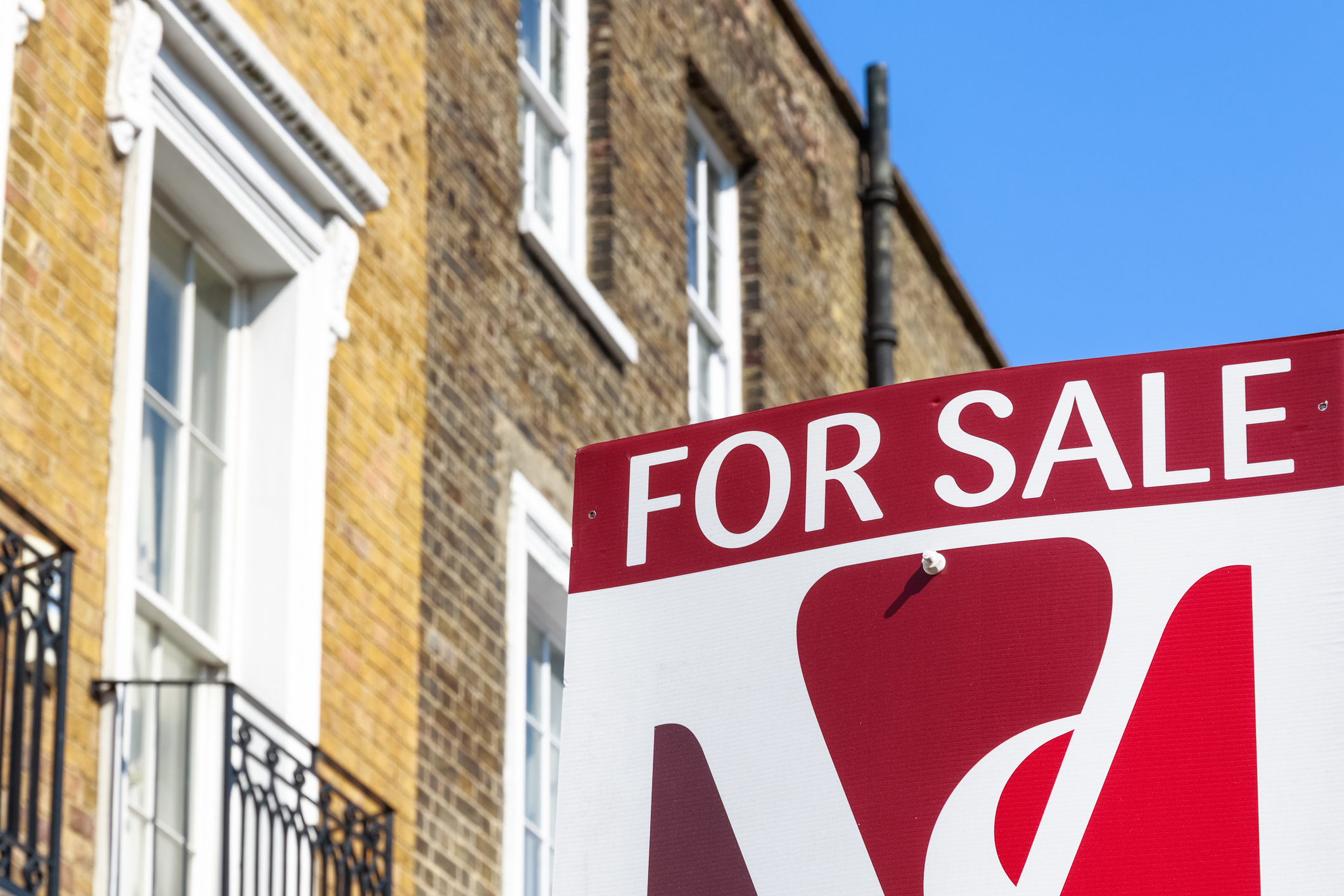
Property Prices Prices might not fall as much as people think ….
There has been a number of discussions on PT recently where some landlords are buying into media hype about property price falls:
Repeat of the 2008 house price crash?
Property prices once coronavirus crisis over?
I have therefore written this exclusive article for the PT community in response to those discussions:
Why property prices might not fall as much as people think!
There are lots of reports that property prices will fall. The industry forecasters (Savills, Knight Frank, RICS) are all suggesting 5-10% falls, while economic forecasters are more worried – CEBR suggesting 13%, Bank of England up to 16%.
But will that actually happen?
The reality is we don’t know. We’ve never been through something like this, so any thoughts are just that, thoughts.
Worst still though, we won’t know for some months yet.
Property data tends to lag what’s happened for a few months, so with a lockdown from April to May, we will have little data. Then it’s going to take another couple of months to get any real data, so we are looking at August/September and possibly even October before we get some robust evidence of what’s actually happening.
Then we have another issue. Most of the first information that arrives in a few months will actually be ‘old’ data as it will be based on sales from pre/during lockdown. What it won’t reflect is the ‘new’ market of fresh buyers and sellers deciding or having to move post lockdown.
But we know some stuff and what that stuff does tell us is that if logic applies, prices won’t fall as much as they have in the past:-
1. The government is pumping huge amounts of money into the economy and more money going in, usually results in property price rises
2. There aren’t that many people putting a roof over their head with a mortgage. Around 20% are renting privately or in social housing (more in cities) of the 60% left, most own outright – they don’t have a mortgage and due to our ageing population, LTVs are historically low. Add to this repayment only mortgages for home owners since 2014 and we are potentially looking at a low percentage of people being forced to sell.
3. Those that have a mortgage have been subject to quite strict lending criteria, not the 120% mortgages people were being given prior to the last recession.
4. Unlike the credit crunch, lenders need and have the money to lend – it will depend on their confidence whether this continues
5. The government has nowhere to house people who are repossessed. Banks may well have to fund mortgagees until the economy recovers as it’s likely to be the cheapest place to keep them. Low levels of repossessions may reduce the likelihood of price falls.
6. For landlords, if people can’t pay their rent due to job loss, they will still need a roof over their head, for example via universal credit, demand for the PRS usually grows during a recession. However, some may well look to sell due to issues around not being able to evict.
7. We aren’t going into this recession off the back of rapidly rising house prices – in fact properties in the NE are still, on average 10% lower than they were in 2007! Price inflation in most places since 2005 has been less than inflationary rises.
8. Pending unemployment is forecast to hit young people hard – many of them are renters, not home owners.
9. Some people are better off during this time eg. those working for industries that are currently thriving and want to secure their dream home while they can.
10. Property prices ‘on average’ are not reflective of what happens to individual property prices. Increasingly, it’s more about the individual demand and supply for individual properties that affects individual investors/buyers/sellers. Good properties in great locations are rarely coming up for sale, so some prices may fall where there is lots of choice, but others may not fall at all.
However, there were some differences between the credit crunch crash and the 1990s crash, but still, in the main property prices fell by around 20% in both recessions, so we may find that it doesn’t matter what the structure of the market is, this level of falls always happens during any type of recession.


If you have any comments, please email the author of this article and click on the link above